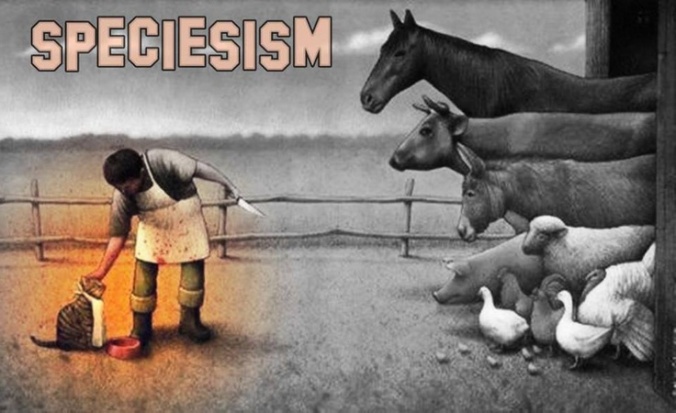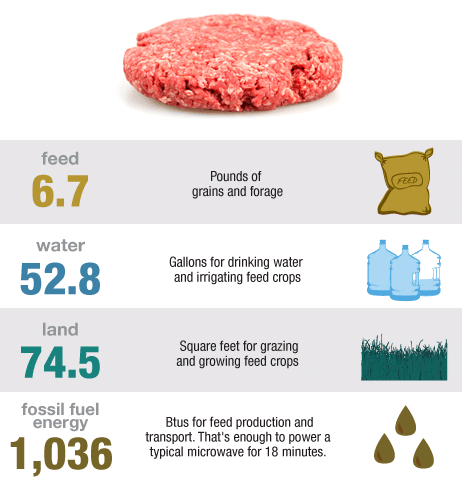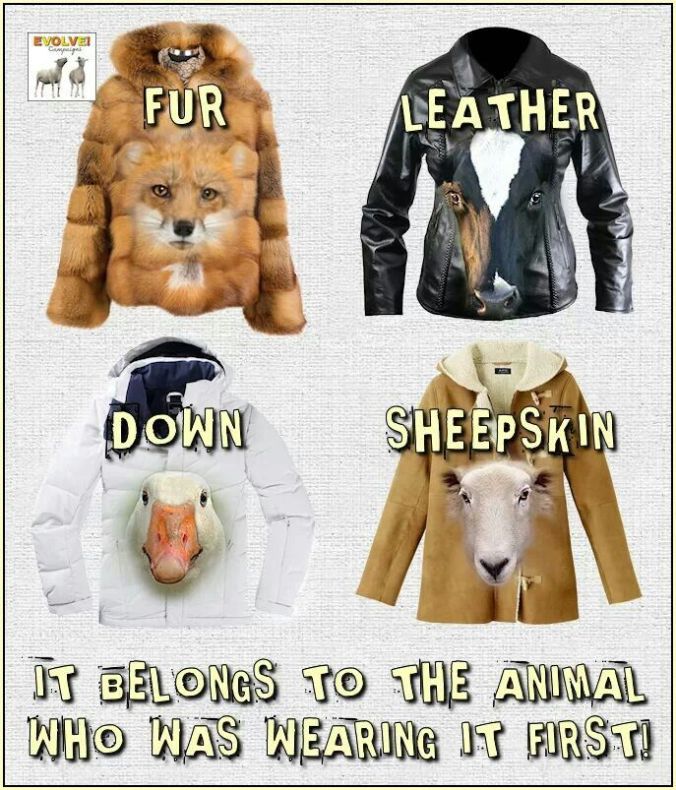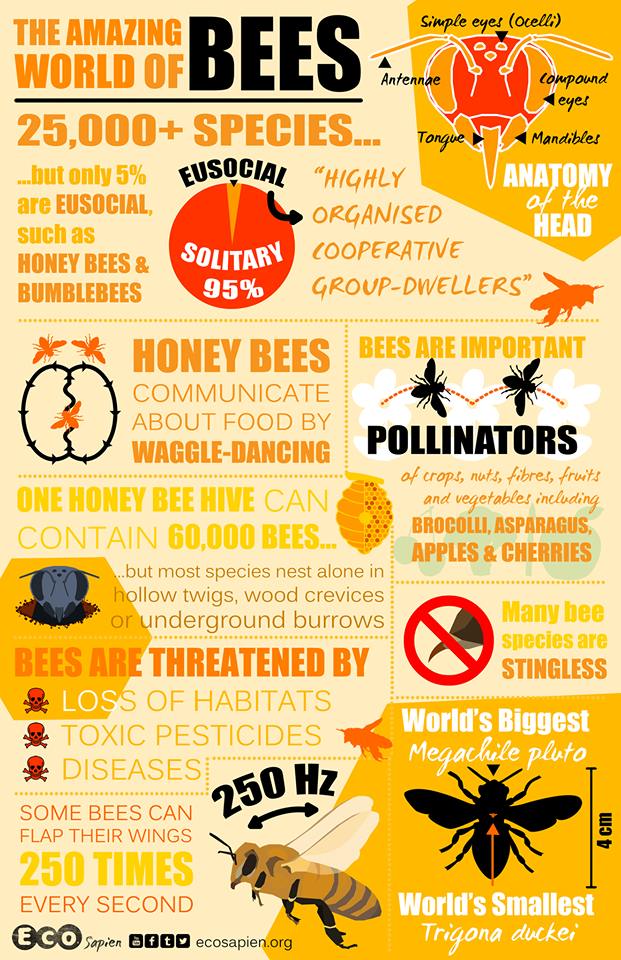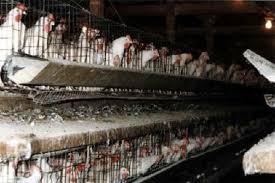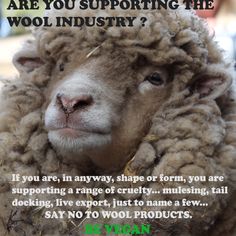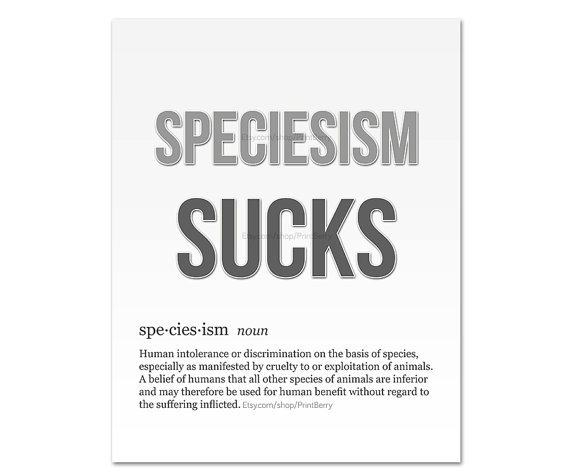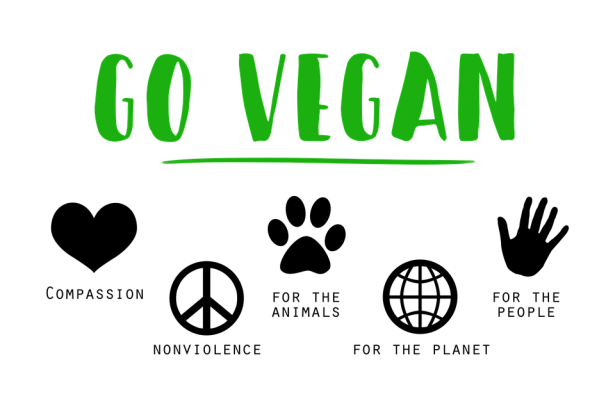


I was pretty excited to take part in yet another daily word prompt. You see, when thinking of fashion people’s minds naturally go to the latest accessories, favourite designers etc. Some might even write about the history of fashion and perhaps the more conscientious among us might even draw attention to the ethical issues the fashion industry is always plagued with, like sweat shops. My point is, we all think of different things when it comes to fashion. Me, well being consistent with my life and my blog my mind was immediately taken to the animal abuse and exploitation that seems to go hand in hand with the world of fashion.
It takes between 30-40 animals to make just one average size fur coat. Rabbits, foxes, minks, chinchillas, bears, sheep, cows, cat, dogs and seals are all farmed and hunted in a a hauntingly cruel manner. The industry itself which at one time sourced from slaughterhouses has eclipsed this industry to establish its own. The fashion industry and the elite rich peoples of the world are compliant in the support of this disgusting display of greed and ego.
Snakes are skinned alive for the pleasure of an item made from them. Chinchillas and angoras are are killed using genital electrocution often leaving them writhing in pain for long periods before death. Sheep and cows are kept in overcrowded pens in filthy conditions before they are eventually brutally slaughtered for a nice jacket,wallet, belt or other.
Seals are clubbed to death and bears are trapped by snares where they are often left for days in agony. Dogs and cats are farmed in a lot of places to satisfy the fashion industry by providing trim for the coats and other items. They are also used often in the plush toy trade to give a more realistic feel. Sheep are selectively bred to ensure a good yield of wool each year causing massive biological issues and also encouraging ‘mulesing’ a practice in which a chunk of flesh is removed from above the sheeps tail to stop fly strike. Ducks and other birds have their feathers ripped from their bodies while alive just so we can have soft pillows and quilts. Now that I have covered the main players in the fur game I would like to address other ‘fashionable’ choice that sicken me. I am going to do this in list form for ease. Here are the top ‘cruel’ foods list from around the world used to satisfy the palate of the rich and unfeeling.
- Ikizukuri, Japanese, A delicacy meaning prepared alive in which a fish is plucked from a tank and sliced up and placed writhing on your plate.
- Ortolan, French, a tiny bird when purchased you take home alive, place it in a teeny cage and feed it millet, figs and grapes until it is 2-4 times it’s natural size. Then you poke it’s eyes out and drown it in Armagnac.
- Foie Gra, French, means fatty liver, ducks or geese are kept in a dark room in small boxes and force fed corn down a metal pipe directly into it’s oesophagus, when they are 6 times there normal size they are slaughtered to make liver pate.
- Doju tofu, Japan, Baby eel like fish called Loaches that are boiled alive with tofu to make a thick cheese like mixture.
- Fen Ganji, Tibet/China, A chicken is hung upside down by string and the intestines removed and it is stuffed with herbs and sewn back up. The chicken is then left to die in pain while drying in the wind ready for consumption.
- Fresh Donkey, China, a donkey has it’s legs tied together and held down on the ground while it has it’s flesh removed to eat immediately.
The animal use in fashion is big business but with the plethora of alternatives out there it just seems really barbaric and well just a smidge archaic. I mean, wearing someone else’s skin is a little Buffalo Bill isn’t it. With the issues we have with plastics and other materials often sent to landfill, there are some great designers leading the charge in using these to make fabrics. I know who I will support. We simply must evolve. Not to forget to mention the consumption of animals in any manner to me is wrong, but done out in the open like this and not in some secret dark part of society really concerns me. Where has our humanity gone. Food and fashion for thought!
